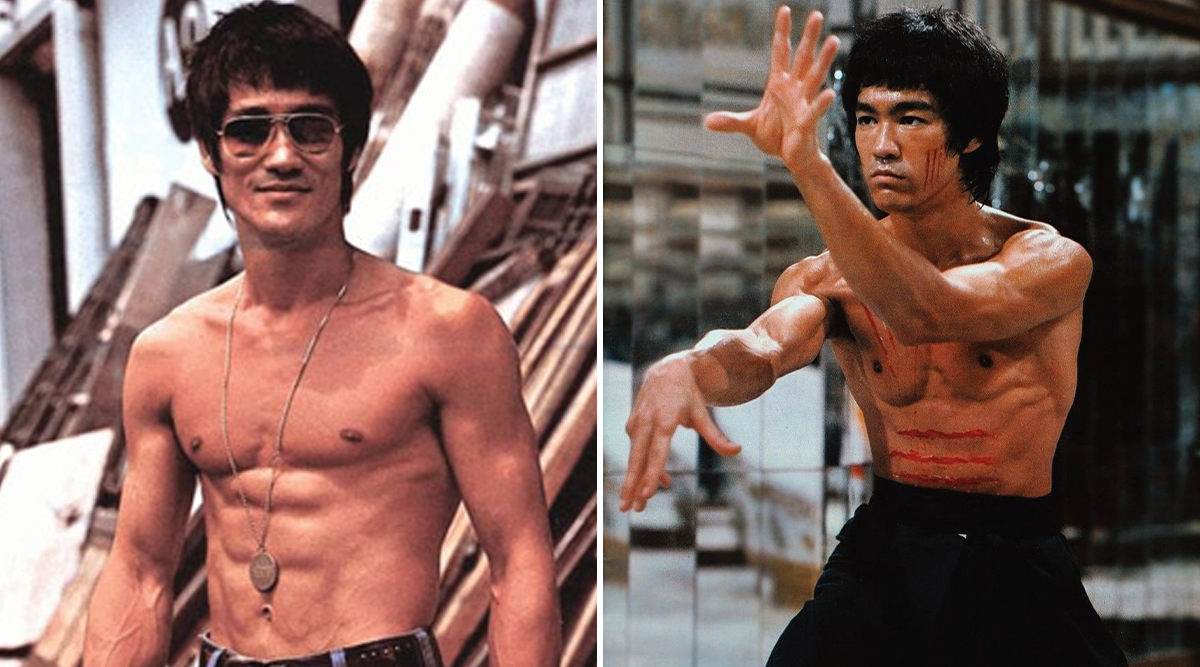


Even 50 years after his untimely death, Bruce Lee, the legendary martial artist and actor, continues to have a significant influence on the world. He may not have agreed with outlandish tributes like a kung fu match incorporating sex toys, but his influence is still felt today. Despite not being able to fully benefit from his groundbreaking efforts, Bruce Lee practically single-handedly broke down barriers for Asian representation and unlocked doors for future generations.
Despite having only four complete films to his credit, Lee effectively invented a new genre and established the gold standard for Hollywood action that has stood the test of time. He has a significant cultural impact on everything from video games to hip-hop to mixed martial sports. He significantly contributed to the development of the ideal of a super-fit, physically powerful guy with no body fat. His terrible and enigmatic death, which was blamed on a drug reaction, only served to strengthen his legend.
Lee's influence goes beyond his movies. While making his Hollywood debut in the middle of the 1960s, he created a distinctive image that was intense, disciplined, physical, and cerebral—a far cry from the prevalent Western preconceptions of Asian masculinity at the time. Lee, who was reared in Hong Kong after being born in San Francisco and moved back to the US at the age of 18, had firsthand experience with the constrained and frequently humiliating roles that were then accessible to men of East Asian descent. He became irritated with his role as The Green Hornet's servile sidekick on television. While teaching martial arts to many famous people, including Steve McQueen, James Coburn, and Sharon Tate, Lee came to the conclusion that American audiences were not yet ready to embrace an Asian starring man.
Another setback for Lee came when David Carradine, a man without Chinese descent or experience in martial arts, was chosen for the starring character in the 1970s TV series 'Kung Fu' instead of Lee. Lee returned to Hong Kong in 1971 after becoming disenchanted with the constraints of the business and produced four films in only two years, making him a global sensation. His films featured tales of struggle in addition to showcasing his amazing physical prowess. In Shanghai and Hong Kong, he portrayed himself as a champion of beleaguered factory workers and a fighter against colonial injustice. By representing a person of colour who used the resources at his disposal to express himself, Lee came to represent disobedience. To combat Chinese authoritarianism in 2019, Hong Kong students even adopted Lee's adage, 'Be water.'
Hollywood took notice of Lee's accomplishments, but even when his legendary movie 'Enter the Dragon' was released a month after his passing, he wasn't allowed to carry the film by himself. Jim Kelly and John Saxon joined him. From comic books to pop music, the kung fu craze of the 1970s infiltrated a variety of entertainment mediums. As a result of Lee's revitalization of the Hong Kong cinema industry, stars like Jackie Chan, Jet Li, Donnie Yen, Maggie Cheung, and Michelle Yeoh were able to achieve success in the West. Action directors like John Woo and Yuen Wo Ping also exported their skills, influencing Hollywood blockbusters like 'The Matrix' and popularising action scenes in the Hong Kong manner. The influence of Lee may be seen in Tom Cruise' films like 'Mission: Impossible,' 'Shang-Chi, and 'John Wick.'
(Also Read: Transformers: Rise Of The Beasts Ignites The Digital World; Watch The Epic RELEASE Now! (Details Inside))
Despite the advances achieved in the fight against whitewashing, stereotypes, and underrepresentation in the business, these problems still exist. However, Bruce Lee's achievements merit our appreciation for the advancements made. His films may seem a little old now, but his body and charisma still make people in awe. He was a self-made guy whose legacy continues to touch audiences all around the world. He connected with people from all walks of life.